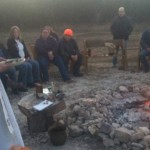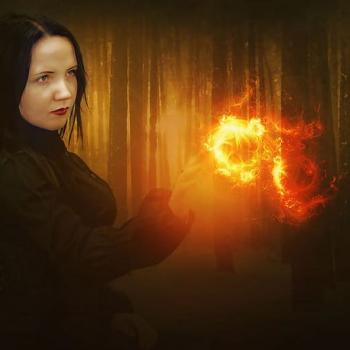In the blogosphere we often talk at each other instead of talking to each other. In order to facilitate better communication (and possibly because it’s fun) I like to round up as many Patheos Pagan writers as possible and have an actual conversation, one where we shoot ideas back and forth at each other.
Last week some of us in the Patheos Pagan channel got together to discuss the future of Paganism, but due to space considerations some of that conversation ended up on the cutting room floor. One of my favorite take-aways was a bit on the “decline of Wicca.” I couldn’t quite get it into the original article, but thought it was interesting enough to share on its own.
I plan on doing more of these conversations in the future, if you’d like to be included sometime send me a message.
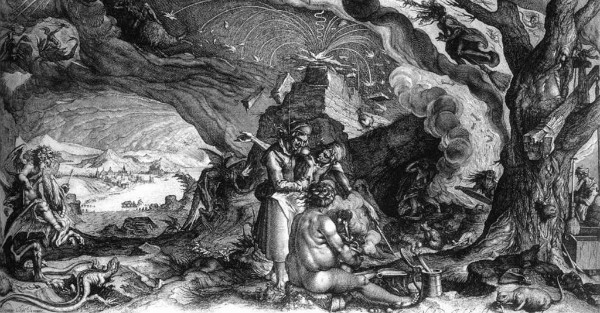
Jason Mankey: Does Wicca appear to be in decline? I get told that a lot.
Sable Aradia: But I have to tell you guys, when I did my book tour through Western Canada, I found that no matter what’s going on online, on the ground, most of the Pagans I met were still grassroots “Wiccanates,” Wiccans and Witches. Maybe that’s just Western Canada, and maybe we’re a bit of a backwater because none of us go to PantheaCon much, but I think it’s probably representative of most of the Pagan world, which has never heard of the Patheos Pagan channel.
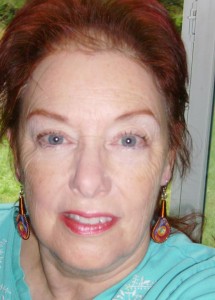
Tom Swiss: I seem more people specifically identifying as Wiccan (over generic “Pagan”) than in the past, actually.
David Dashifen Kees: I think online Wicca is in decline. Many I meet face to face are still Wiccan, but they’re not a part of the vocal minority that’s duking it out online.
Gwion Raven: I think that comes down to how you define Wicca. In the traditional sense, I gather it is not. In the “pop-wicca” sense, I think it is. A certain blogger recently wrote about “fad-ism” and I think that the current fad is away from Wicca.
Jason Mankey: My wife does say that “hating Wicca is the new black. ”
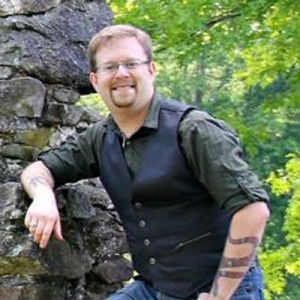
Laine DeLaney: Non-Wiccan varieties of practice and belief, especially Re-constructionist trads, are often not very helpful or friendly to outsiders. Which makes it easier for people to get their start in Wiccan-style Paganism and then gradually move towards a field of different interest … or stay where they are, if that’s what is relevant.
Jason Mankey: For what it’s worth, where I’m at Wicca is really strong. “Jason can I join your group?” is something I hear a lot.
David Dashifen Kees: Very true. And, many try desperately to remain “pure” in some capacity, whether that be the unfortunate racial litmus tests or historical/mythological ones.
Jason Mankey: I think that for many Eclectic Wicca serves as a gateway drug and they then move onto other forms of Paganism/Polytheism. Sometimes leaving the room means knocking down a few chairs on the way out . . . .
Annika Mongan: Ha! In much of the Christian and secular world we’re all considered Wiccans. I get that every time I talk to Christians. It’s a miracle if they know anything about Paganism at all, and if they do, it is Wicca and they can’t comprehend that there might be other kinds of Pagans, Witches, Heathens, Druids, etc.
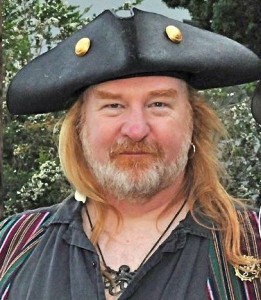
Tom Swiss: Well…ADF and OBOD are non-Wiccan groups that seem helpful and friendly…
Laine DeLaney: True, and ADF has been on the rise, especially with a new emphasis on Pan IE (Indo-European) practice as opposed to the older assumptions about it being all Celtic re-con.
David Dashifen Kees: But they’re less easily approached, to some degree. Cunningham is on the shelves, Philip Carr-Gomm isn’t.
Jason Mankey: The minimal amount of “Druid how to books” makes jumping into that pool a little more difficult, while the hundreds of Wicca 101 books make that an easier path to pick up sometimes.
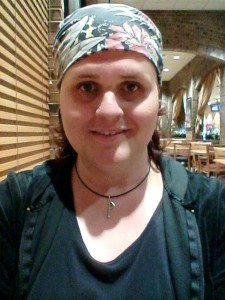
Jason Mankey: ADF Groves are wonderful and accessible entry ways into Pagandom. They are public in a way that many Witch groups are not.
Molly Khan: Yes. My local ADF grove is fantastic, but a large part of that is the big national organization that provides resources.
David Dashifen Kees: Jason – do you think that’s because “druid” has less baggage as a term than “witch?”
Jason Mankey: I think Druid has its own baggage, it often conjures up images of men with long beards . . . . . I think ADF is accessible because that’s one of their missions. As a Gard, that’s not my mission at all.
Laine DeLaney: I think Druid has about as much baggage, of a different sort. Neither ADF nor OBOD require Celticness for their practice, and yet when you say “Druid” people have *very* specific assumptions.
Gwion Raven: Which is an interesting point – My sense is that there’s less emphasis on Magic with the Druid groups and more focus on study and Nature. So perhaps that’s a little less scary than WITCHCRAFT!
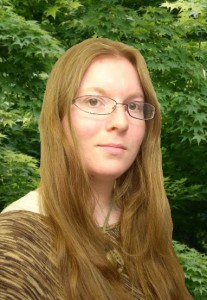
Annika Mongan: Gwion -That’s definitely true for a lot of groups who are afraid of magic. And the “W” word carries much more fear than the word “Druid”.
Jason Mankey: But I think the fear attached to the word Witch is also why some people like it. It’s powerful.
Gwion Raven: Jason for sure.
Angus McMahan: Oooh…..taboo.
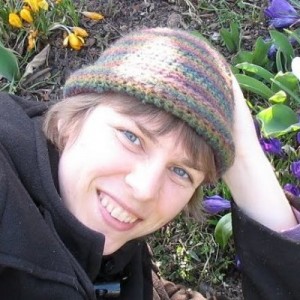
Laine DeLaney: Definitely, Jason. It packs a cultural punch.
David Dashifen Kees: That’s why I hung onto it for so long to some extent. I still use it at times, but I don’t do enough things that seem “witchy” to use it regularly.
Sable Aradia: I don’t think this anti-Wicca thing is as bad as I thought it was. I’ve been talking recently to some folks and I think that it’s a tempest in a teapot. It seems to originate, as far as I can tell, from a very small vocal minority of three or four people, a couple of whom are big P Polytheists and a couple of Traditional Witches. I think we, as public Pagans/Polytheists/choose your label are disproportionately dragged into it.
Rua Lupa: The associations with ‘Druid’ is actually one of the reasons for my offshoot and renaming practitioners ‘Saegoahs’ being a fresh start where we could build our own associations without the baggage that is honestly irrelevant other than being one of many sources of inspiration (All Nature Based Practices being a potential source).
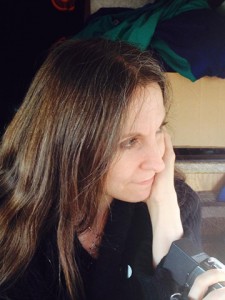
David Dashifen Kees: Tempests in teapots is what the Internet does well. That and molehill mountains.
Sable Aradia: THIS.
David Dashifen Kees: And I agree, Sable, that there’s a very, very small number of people who stir up those tempests.
Tom Swiss: Dash — truth!
Angus McMahan: The Forest is still cool and inviting, the rivers are always refreshing…..



